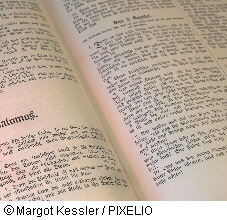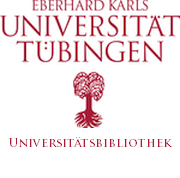Profilumrisse einer postsäkularen Religionspolitik: Eine Thesensammlung
DOI:
https://doi.org/10.18156/eug-1-2008-art-5Abstract
Inspiriert von der habermasschen These zur Postsäkularität moderner Gesellschaften entwirft der Text ein Panorama an Thesen, die die Ent- scheidungsprobleme in religionspolitischen Konflikten strukturieren. Die Leitfrage lautet: Inwiefern ist öffentliche Religion als Risiko und inwiefern als Ressource sozialer Integration in modernen Gesellschaften anzusprechen?Im Antwortprojekt werden in Bezug auf Hobbes, Durkheim und Simmel drei Dimensionen sozialer Ordnung unterschieden: Durchsetzung, Verpflichtung
und Innovation. Der Text benennt in jeder der drei Dimensionen die Haupt- aufgaben der Religionspolitik: Rhetorikkontrolle, Erregungsmanagement und freiheitssichernde Biografiepolitik.
Inspired by the Habermas thesis about post secularity of modern societies the text composes a panorama of theses which structure the problems of decision-making in religious political conflicts. The central question asks: How can public religion be addressed as a risk and as a resource of social integration in modern societies? Referring to Hobbes, Durkheim and Simmel three dimensions of social order will be distinguished in the answering project: Enforcement, commitment and innovation. In each of the three dimensions the text names the main functions of religious policy: control of rhetoric, excitation management and freedom ensuring biographical policy.






